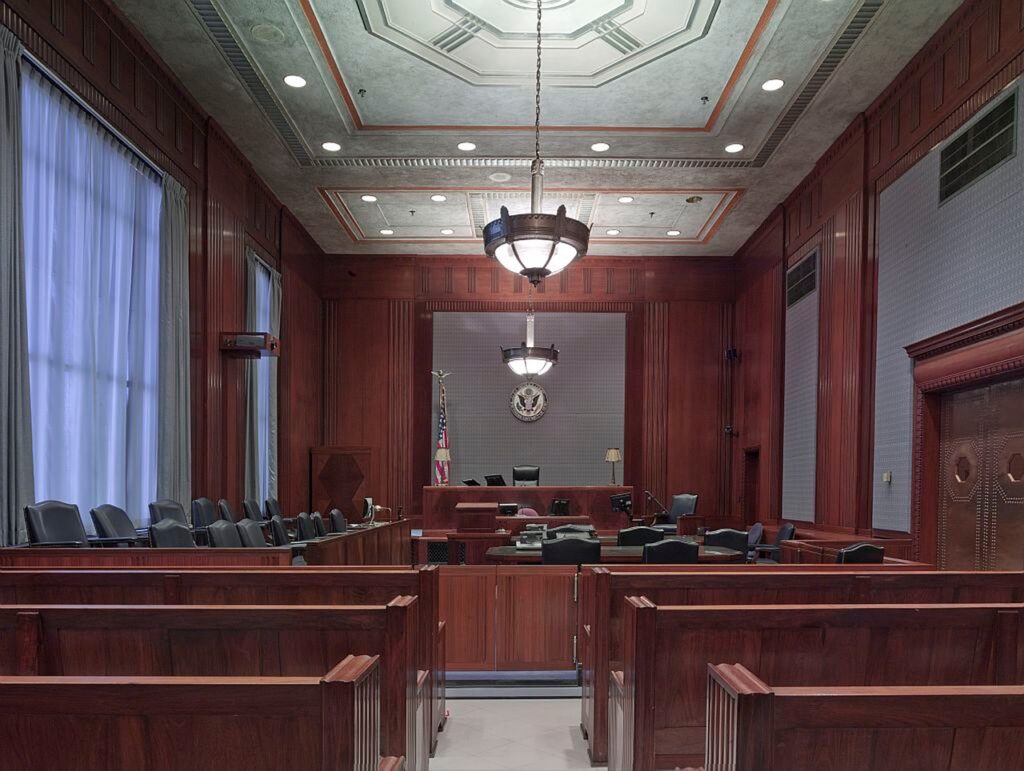
(Rightallegiance.com) – In a legal standoff that has captured widespread attention, an Arizona jury could not conclude on a verdict concerning George Alan Kelly, a rancher facing charges of second-degree murder after a Mexican national was found dead on his property. The court, unable to resolve the deadlock, declared a mistrial this Monday, leaving the community and the nation pondering the complexities of borderland conflicts and justice.
The case unfolded when Gabriel Cuen-Buitimea, a Mexican national, was discovered deceased from gunshot wounds on January 30, 2023, on Kelly’s expansive 170-acre cattle ranch near Keno Springs, just outside Nogales, Arizona. The trial, which began deliberations on April 18, was steeped in contentious debate over the circumstances leading to Cuen-Buitimea’s death and the intentions behind his presence on U.S. soil.
Defense arguments presented by attorney Brenna Larkin painted a picture of Cuen-Buitimea not as an innocent migrant but potentially linked to criminal activities, possibly even cartel-related. “This is simply not somebody who’s looking for the American dream,” Larkin argued, emphasizing the need to consider the dangerous implications of a criminal lifestyle over mere immigration aspirations.
During the trial, jurors were presented with a scenario where Kelly allegedly fired his weapon not at Cuen-Buitimea but as a warning due to perceived threats on his property. Kelly’s defense strongly suggested that the fatal shots could have been from a “rip crew” — gangs known for robbing and often killing migrants — hinting at a possibility that Cuen-Buitimea was involved in such activities and met a violent end because of them.
The prosecution, led by Mike Jette, painted a starkly different picture, accusing Kelly of excessive and unjustified use of force. Jette argued that Kelly, without provocation, fired an AK-47 nine times at two individuals who posed no immediate threat, as they were spotted two fences away from his residence. “You do not have the right to use deadly force when there is no threat to home or yard,” Jette stated, stressing that Kelly’s actions escalated to unwarranted deadly physical force.
The case also touched on sensitive racial and border security issues, underscored by a controversial statement by Santa Cruz County Sheriff David Hathaway, which was used by the defense to suggest bias and preconception in local law enforcement perspectives regarding borderland property owners.
Despite the intense courtroom exchanges and testimonial evidence, the physical evidence like the fatal bullet was never recovered, and forensic details remained inconclusive, complicating the jury’s decision-making process.
As the mistrial was declared, the question of Kelly’s culpability remains unanswered, with the community left in a state of unresolved tension. Legal experts suggest that the case highlights the broader issues of border security, immigration, and the rights of property owners versus the humanitarian concerns of migrants.
Kelly, who had previously been held on a $1 million bond on a higher charge of first-degree murder, had rejected a plea deal earlier in the year that would have reduced his charge to negligent homicide. This mistrial may lead to a retrial, further prolonging a definitive resolution and continuing the discourse on justice, border policy, and the human stories intertwined within.